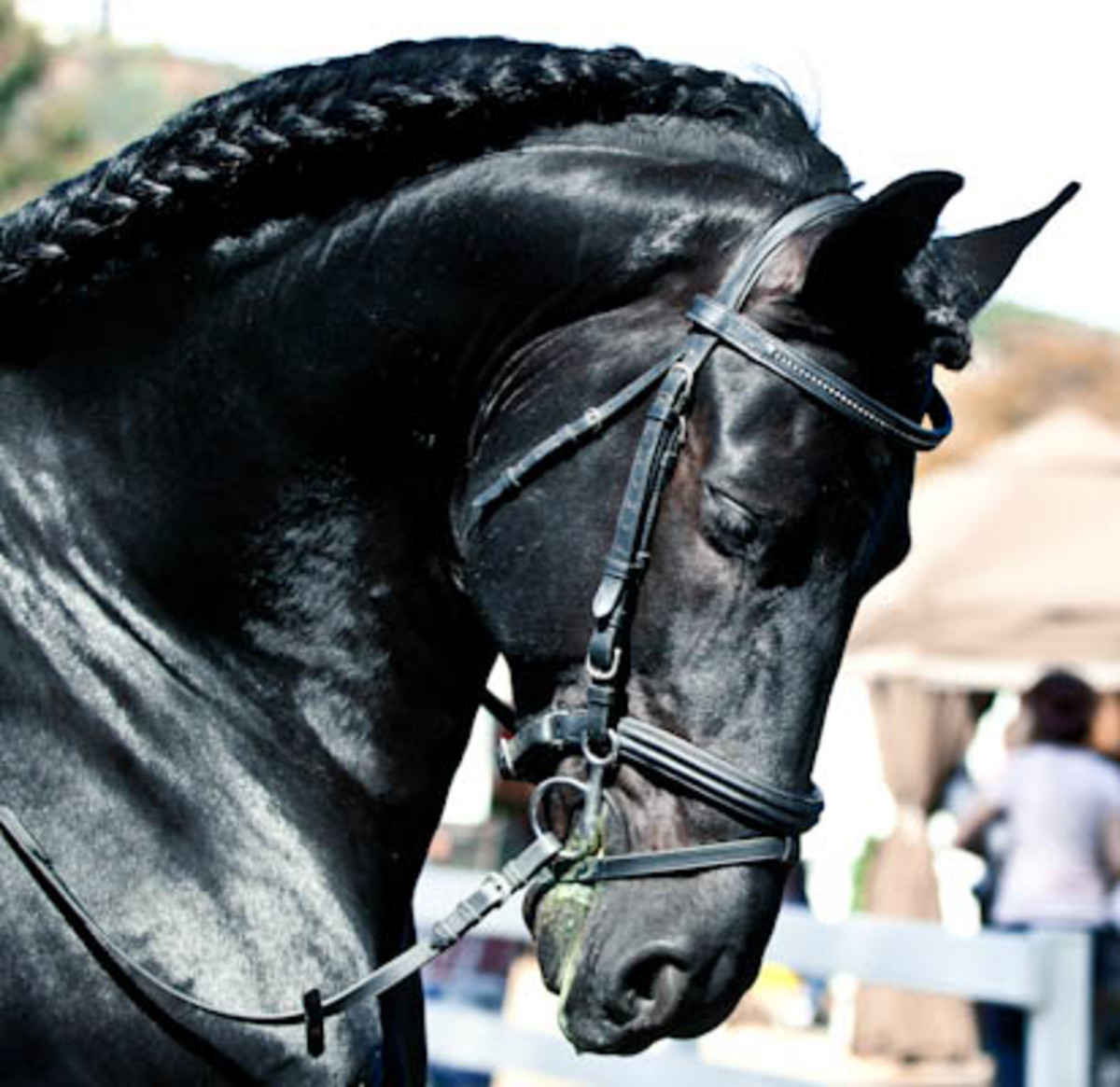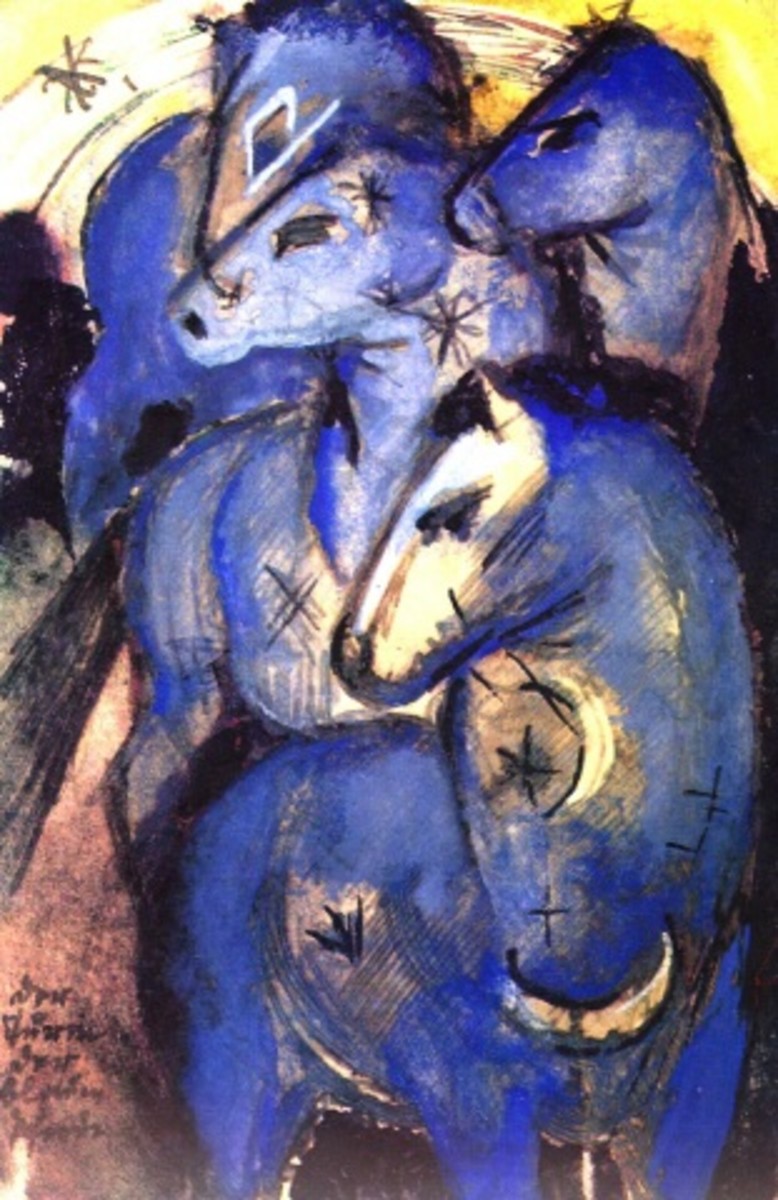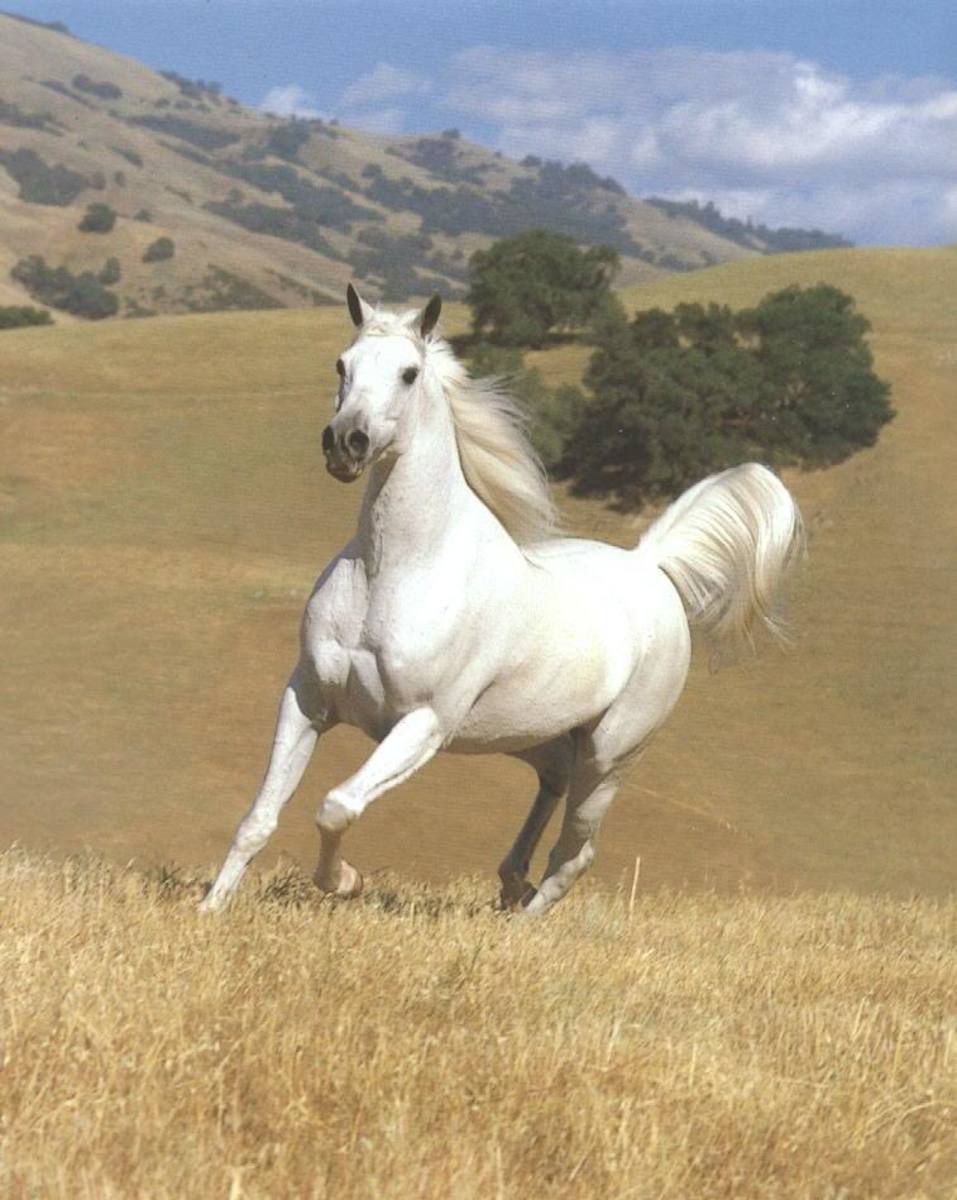A Better Betting System
Intensive research
I spent three vacations working for a chain of turf accountants, in England often called "bookies".
Over this time I studied the punters (betters) the way the punters studied horses or dogs. The difference was that I was regularly in the same room as them, whereas they rarely went to race courses.
Union Jack - 9 locations

Betting Systems
I noticed that many punters used the same system all the time.
Some did single bets to win only.
Others did single "each way " bets only. An "each way" bet is two bets - one for a win and the other for a place including first.There was a formula.for the odds for a second or third on an "each way" bet. Depending on the number of horses in the race you might win between a third and a fifth on your original stake. If you bet £10 each way at 20 to 1, your "win" £10 might lose but your "place" £10 might win £50.
Quite a few were pattern betters. They always did a Patent or a Yankee or a Super Yankee or a Union Jack.
A Patent involved 3 horses. The bets were a treble, 3 doubles, and 3 singles. I noticed one punter used to bet on Patents where all the horses were at high odds. If only one won he more than recovered his stake. If all three won, he won so much that sometimes the shop manager paid him by cheque because we did not have enough cash in the betting shop.
A Yankee involved 4 horses and a Super Yankee 5 horses. A Union Jack involved 9 horses set out in 3 lines. The bets were all trebles. The horse that was certain to win was in the centre, because it was in four trebles.(vertical, horizontal , and the two diagonals). The corner horses were in 3 trebles (horizontal vertical and one diagonal).It was called Union Jack because if you draw straight lines for the trebles you form a Union Jack pattern. I never saw a Union Jack win more than it had cost for the stake.
To my mind, there was enormous difficulty in working out 3 or 4 or 5 horses which were all likely to win on the same day. The pattern betters seemed unable to change their patterns, so their last horse was usually a loser.
A successful better
I studied the punter who won on Patents. Not only did he bet with long odds, all the horses were "each way" bets, which meant that quite often he was successful even though every horse came second or third.
One of his difficulties was that he worked. He would come in at lunch time and bet, and come in to collect the next day if he won. There were whole weeks when he did not come in, because he could not predict 3 horses at good odds. When he could, he bet a significant amount - more than I earned in a week.
His other problem is that he did not know the odds. He had to bet "starting price" but had no idea what the starting price would be. The newspapers carried betting forecasts but these were often wildly out. He might see a horse forecast of 20-1 which actually started at 3 - 1, which was potentially disastrous.
Charlie's variation
I decided that betting at "starting price" when I did not know what the starting price would be was potential suicide. I recognised that betting on three horses was potentially very profitable - but only if the horses did well.
I never found two horses I was red hot confident on, let alone three!
I would look at the runners and look at the form book. Quite often it was easy to find a horse that was likely to win, but the odds were poor because it was an obvious likely winner.
I decided to look for horses that were likely to finish "in the frame". They would be first second or third without doubt. Provided the odds were good an "each way" bet was guaranteed to make a profit even if the horse did not win.
My horses never won - but I did
On my day off, if I had identified a horse that would end "in the frame", I would go to a bookie and wait for the odds to come from the racecourse. If the odds were good I would place my "each way" bet, and if they were not, I did not bet.
Quite often the odds were too short for my "each way" bet to return a guaranteed profit, so I did not bet.
I had a fright once, when my horse came in fourth. Fortunately the first horse was disqualified, so I got paid. I always won.My horses never did.
Why stop?
I got tired of going to the betting shop, waiting for the odds, and going away without bettimg.
The temptation to bet just because I was in a betting shop was strong. Once you start doing that you are just a punter.
I had a system, the system worked, but I got fed up with a system that required such self discipline.
Nowadays I could do telephone betting from home, but if you are too successful the bookies bar you.
I have other uses for my time. If this system works for you, and you want to show your appreciation, please make a donation to the Injured Jockeys Fund.
Good luck!








